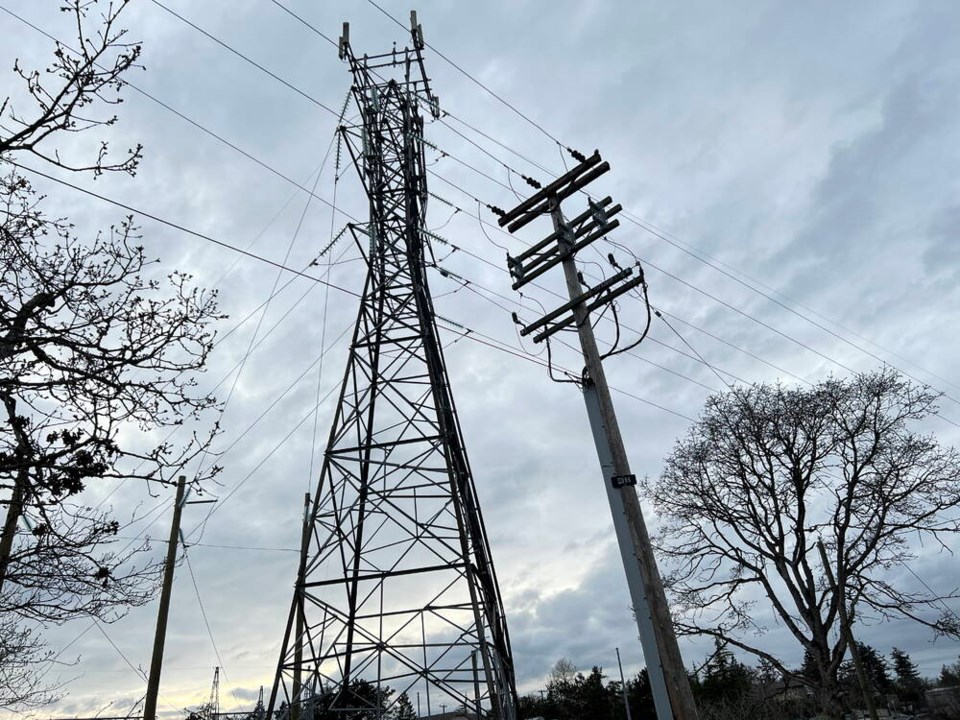Summer drought and extreme temperatures reduced electricity production in B.C. in July to its lowest point of any July in at least 15 years, according to data from Statistics Canada.
It came as electricity use rose to new highs, driven by the same high temperatures and drought conditions.
“I would 100 per cent say that this is something that’s become a growing source of challenge for [electricity] grids,” said Evan Pivnick, a program manager for Clean Energy Canada.
“The impacts of climate change are also impacting some of the power that we’ve relied on,” he said.
B.C. Hydro’s latest quarterly report noted that snowpack and precipitation, both of which drive electricity generation in the province, were abnormally low in the months leading up to July 2023.
“Below-average water inflows during the three months ending June 30, 2023 were due to below-average snowpack and lower than normal precipitation conditions across the province,” the Crown corporation wrote.
Water reservoirs across the province have run low since at least last summer.
Pivnick said that as the Earth warms, historical climate data has become increasingly less reliable as an indicator of future climate behaviour, posing a challenge for utilities trying to estimate energy availability and demands.
“We can’t really look back and say what happened in the last five years will be an indicator of what we can expect,” he said.
“The number-one thing that our systems will need to be able to adapt to and wrestle with is uncertainty,” he said.
B.C. generated 31 per cent less electricity this July than in July 2022. Along with Quebec, it was the main driver of a national year-over-year decline, which saw electricity production fall to its lowest level since at least 2016.
In recent months, Quebec has reduced its export levels, citing weather conditions and low prices, according to Statistics Canada.
To offset the decline in production, B.C. imported 2.1 million MWh of electricity from other provinces and the U.S. in July, nearly double the previous 15-year record set in 2019. (One megawatt-hour of electricity would power roughly two fridges per year.)
Pivnick said B.C. has “absolutely” been complacent in thinking about how to plan and integrate new energy sources into the grid, adding that B.C. “should anticipate that it turns to a far larger mix of resources” like wind, solar, batteries and distributed energy systems.



